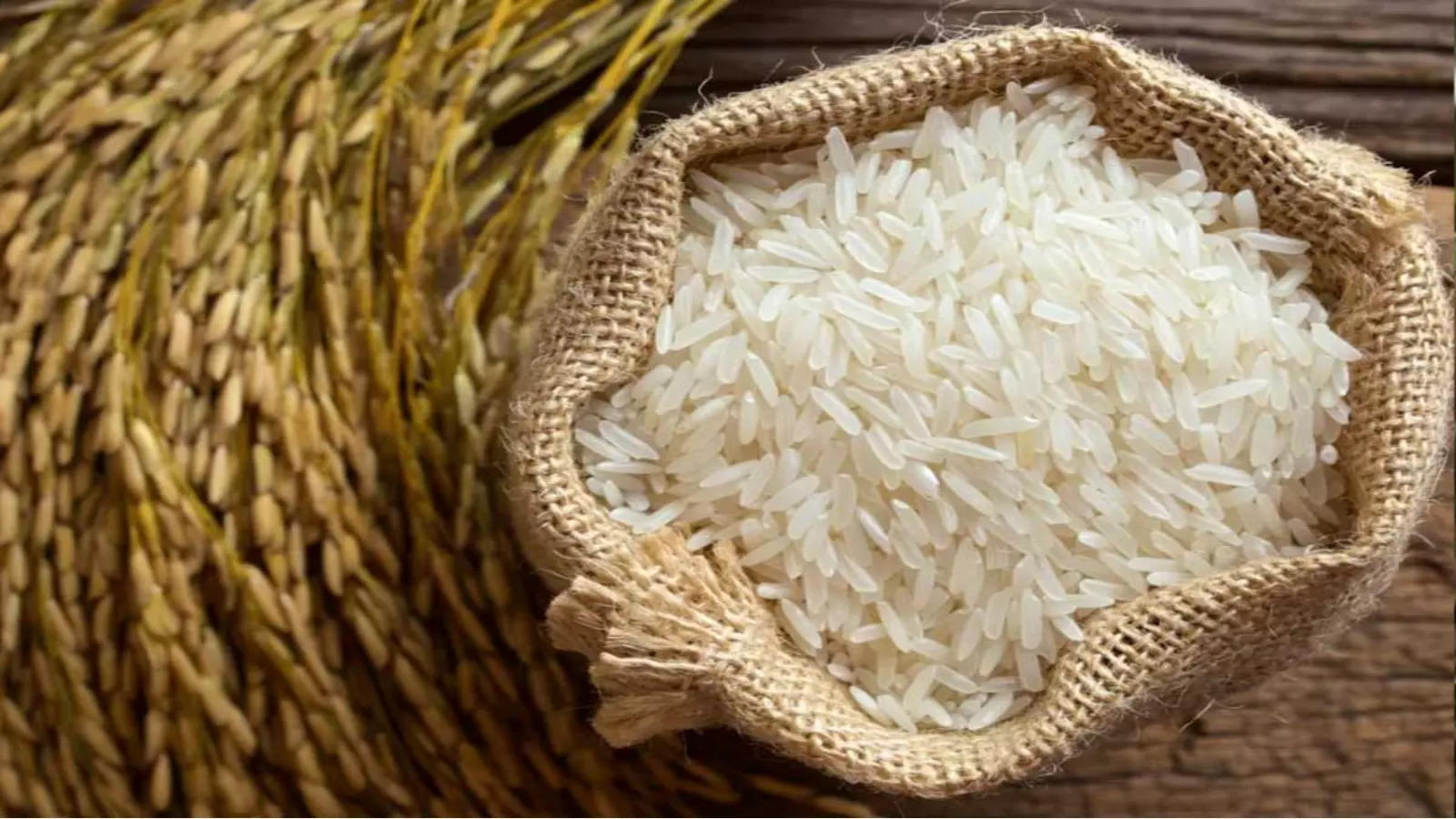
Rice export ban could be lifted : Ramesh Chand
NEW DELHI : The year-old ban on exporting non-basmati white rice may be lifted in view of this year’s bountiful rains and better paddy cultivation, a top policymaker said.
The increase in paddy sowing and comfortable buffer stocks have eased concerns of rice shortages. According to Niti Aayog member Ramesh Chand, plentiful rains in key agricultural states may raise rice production further.
“I feel the supply side of rice is not worrisome. It’s a comfortable situation. So, even if the ban is removed at this time, I think excess quantity will not leave the country,” Chand said in an interview, adding that rice prices have moderated in India and abroad.
Apart from the export ban, the government had imposed a 20% duty on exporting parboiled rice, in an effort to increase local supplies and tame prices. This year, kharif sowing of rice has increased 14% from a year ago to touch 2.77 million hectares, promising a bigger harvest.
‘Ban lift will not affect rice availability in domestic market’
“We have good stock levels, and the area under rice cultivation is greater than it was a year ago. With expectations for a much better crop, lifting the ban will not adversely affect the availability of rice in the domestic market, nor will it pose any threat or challenge to domestic supply,” Chand said. The rice export ban will be reviewed at some stage, he said.
India’s rice exports fell 6.5% in FY24 to $10.42 billion from $11.14 billion in the previous fiscal, primarily due to a fall in shipments of non-basmati rice that took effect in July 2023. A separate ban on exporting broken rice has been in place since September 2022.
“If the government lifts the export ban, it could significantly impact global rice trade dynamics. The improved agricultural outlook and current stock levels provide a solid foundation for reassessing export policies and supporting the broader agricultural sector,” said Vijay Kumar Setia, Director of Chaman Lal Setia Exports Ltd and a Former President of All India Rice Exporters’ Association (AIREA).
“However, this might be a one-time solution. If the government is genuinely concerned about reducing food inflation, it should review its procurement policy. Allowing private players to procure 25% of the total produce while directing 75% to the government reserves could help control food inflation, potentially eliminating the need for future export bans,” Setia said.

